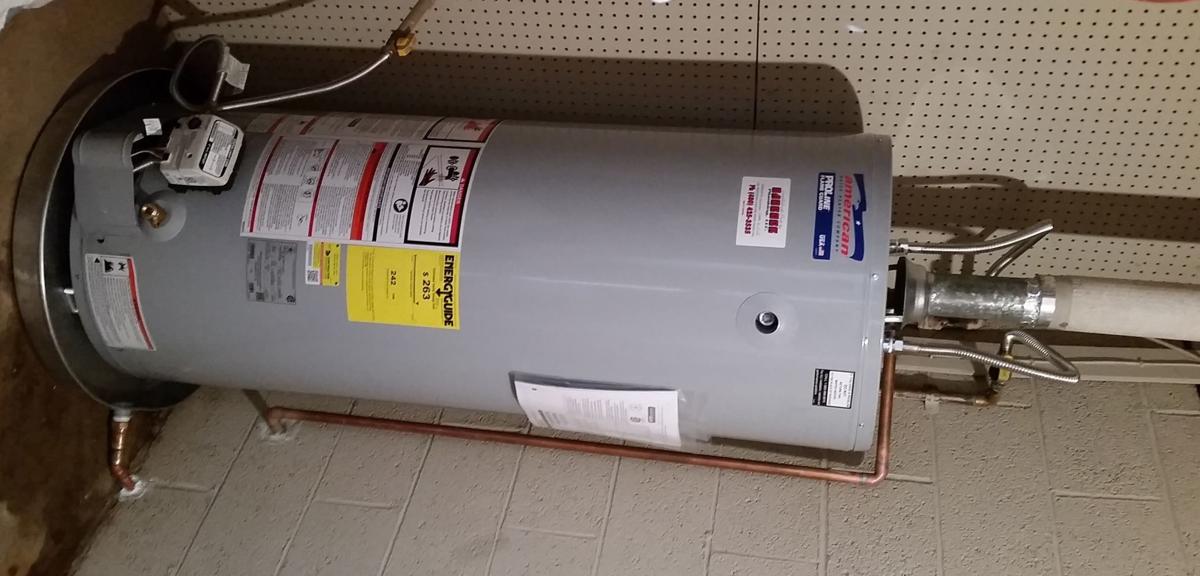Each year, thousands of Arizona residents email or call Rosie Romero’s radio show with questions about everything from preventing fires in their chimneys to getting rid of tree roots invading their sewer system. His goal is to provide answers that suit the specific lifestyle wherever someone lives in Arizona.
QUESTION: My husband and I have a second home in Nebraska, but we’re only there three or four times a year. The problem is the water heater in that house. My husband wants to replace it, but I don’t want to because it’s only seven years old, and we’re not there that often. But he’s afraid that there will be some kind of accident when we’re not around to take care of it.
ANSWER: I think that you should simply drain out the water and turn off the water heater whenever you go away. Then you wouldn’t have any accidents. If you take good care of it and replace the anode rod inside the water heater as required, you can expect a longer service life out of that water heater.
Q: I had an inspection done on a home I might buy. One issue that the home inspector noted was that hardscape pavers were laid on top of the concrete slab patio in the backyard. The problem is that pavers might sit up against the drain holes in the weep screed on the stucco wall of the house. Will that eventually damage the stucco by preventing proper drainage of moisture?
A: We always advise homeowners not to seal up the stucco weep screed because doing so can stop moisture from draining properly. But generally, in cases like this one, the pavers probably were not installed tightly against the wall. If the pavers were indeed installed under the weep screed, they should be removed.
Q: I live in a 55-year-old small casita up in the hills. It might not be true, but someone told us there was no planning commission here in the early 1960s so our townhomes might not be built to code. In particular, the water and sewer pipes in walls leading to the old clay sewer lines are made of cast iron. Now we’re doing some renovation to replace some cast iron pipes blocked by corrosion. But the water continues to trickle out of some faucets anyway. If all the pipes have to be replaced, we might face an expensive repair job digging up all the floors. Is there any way to flush out the build-up in pipes and speed up the water?
A: Cast iron and galvanized piping were extensively used for water and sewer lines in the 1960s when it was the best material available. We now have more durable materials. Cast iron and galvanized material is naturally prone to rusting or oxidation. Once the buildup starts restricting the flow of water, the integrity of the piping has likely been compromised; any attempt to remove the oxidation could cause total destruction of the pipe. Replacing the old cast iron is unfortunately expensive and disruptive, but may be necessary. Some larger plumbing companies have a special process for inserting a plastic sleeve inside the existing pipe, essentially creating a new line. They can’t always do this though; it depends on whether the existing pipe still has some structural integrity.
Q: I have a citrus tree that is blooming like crazy and I’m worried about whether to fertilize right now or not. I fertilized last year when the blooms were on the tree and they all fell off and there was no fruit. Should I wait?
A: If you fertilize during the blooming cycle, you can disrupt the plant. You have to wait until the first tiny fruits have set. I know this is the time when we advise people to fertilize, but you may want to wait. When in doubt about fertilizer, you need to under-apply.





